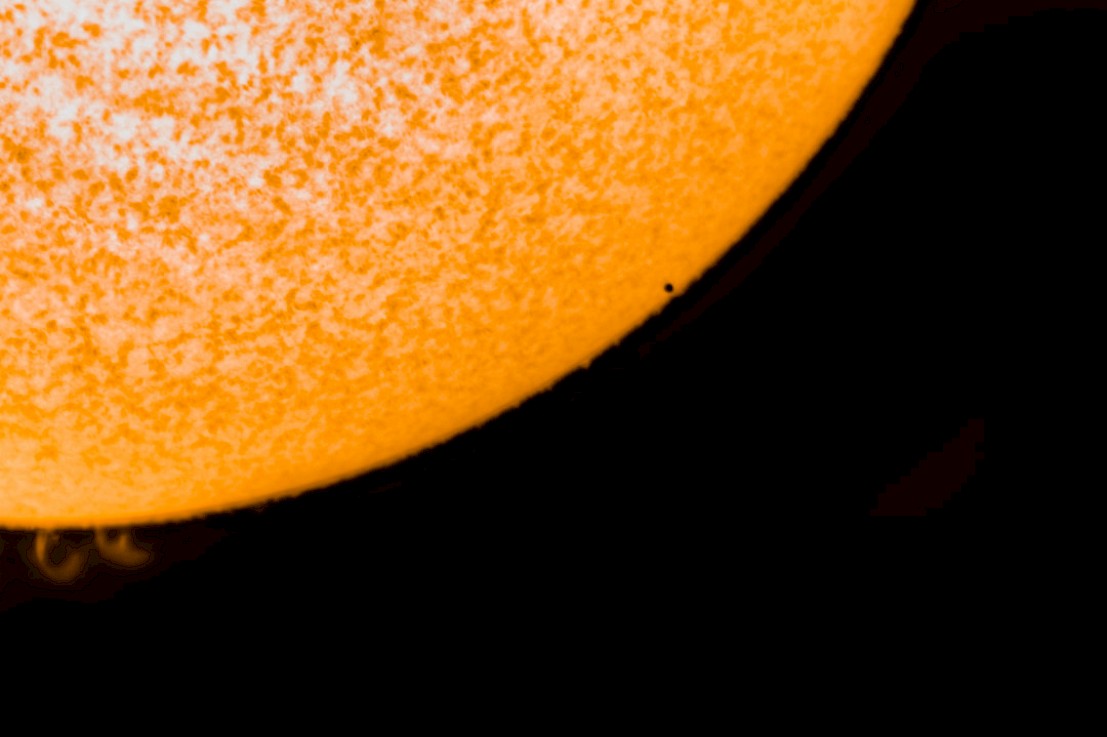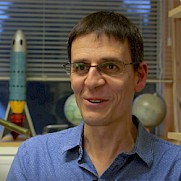Searching for planets around other stars

The wealth and diversity of planetary systems that have now been detected modifies our perspective on planet formation as a whole and more specifically our place in the Universe. It also present an opportunity of historical perspectives and an irresistible call to look for signs of life on these new worlds as a way to explore our own origins. I will introduce the audience with the challenges and recent progresses in this new field of research and will touch upon the emergence of a new paradigm for the origins of life on Earth and its extension towards “Universal life”.
Professor Didier Queloz, Jacksonian Professor of Natural Philosophy, Cavendish Laboratory, University of Cambridge

Didier Queloz is Professor of Physics at the Cavendish Laboratory and Geneva University. He is at the origin of the exoplanet revolution in astrophysics. Until recently, the Solar System has provided us with the only basis for our knowledge of planets and life in the universe. In 1995 Professor Queloz dramatically changed this view with the discovery he made with Michel Mayor of the first giant planet outside the solar system. This seminal discovery has spawned a real revolution in astronomy both in terms of new instrumentation and understanding of planet formation and evolution. Since then Prof Queloz has been involved in a successful series of developments of precise spectrographs, considerably improving the precision of the Doppler technique.
In 2019, Professor Queloz jointly won the Nobel Prize for Physics for the first discovery of an exoplanet orbiting a solar-type star, along with Professor James Peebles and Professor Michel Mayor, and for their pioneering advances in physical cosmology.
Attending lectures
Full video
Further resources
Exoplanet hunter
The lecture will be preceded by a short presentation from a CSAR PhD Award Winner.
Taming chaos toward the design of next-generation aircraft engines.
Francisco Huhn, Department of Engineering, University of Cambridge.
Francisco Huhn is a PhD candidate in Engineering. He received a double MSc degree in Aerospace Engineering from Instituto Superior Técnico in Lisbon, Portugal, and Institut Supérieur de l'Aéronautique et de l'Espace - SUPAERO in Toulouse, France, spending 6 months at Airbus for his thesis on aerodynamic shape optimisation. He also holds an MRes in Fluid Dynamics from Institut Supérieur de l'Aéronautique et de l'Espace - SUPAERO.
Thank you for your interest in CSAR and its programme. If you would like to help us maintain our activities at their current level, you can make a donation to CSAR here, via PayPal or a bank card. Your gift will by default go into our general income fund; if you would like it to be used for a specific purpose such as the PhD Students Awards scheme, please let us know at info@csar.org.uk. CSAR is a registered charity run by volunteers.